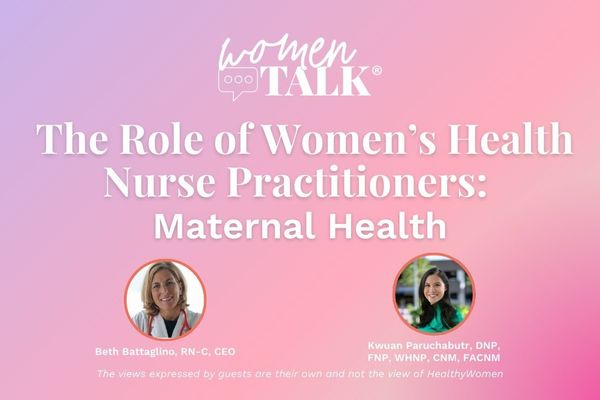Q:
What is gestational diabetes? How is it diagnosed and treated?
A:
Gestational diabetes (GDM) is a type of diabetes that occurs during pregnancy. About four percent of all pregnant women in the U.S. are diagnosed with gestational diabetes each year. Gestational diabetes is the result of hormonal changes that occur during pregnancy. These hormonal changes decrease the body's ability to use sugar from foods that we eat, specifically carbohydrates. When the body is unable to use all of the sugar from food, the mother's blood glucose levels can increase. High blood glucose levels may result in a large baby, making delivery difficult and can increase the risk of the mother developing high blood pressure.
Women who are at risk for developing gestational diabetes are those who may be overweight before becoming pregnant; have a family history of diabetes; are over the age of 25; have previously given birth to a large (over nine pounds) baby; or have had gestational diabetes in a previous pregnancy.
Screening for gestational diabetes is generally done between the 24th and 28th weeks of pregnancy and requires an oral glucose tolerance test. (Be sure to ask your health care professional about this test). This test involves drinking a liquid that contains glucose, which causes blood glucose levels to rise within 30 to 60 minutes. A blood sample is taken from a vein in your arm about 30 minutes after drinking the solution. The blood test measures how the glucose solution was processed by the body. If your test results are not normal, you will have a similar test that requires you to fast beforehand. If this second test shows abnormal results, you have gestational diabetes.
The good news is that gestational diabetes is treatable! Most women have healthy pregnancies and healthy babies when they take the steps to control their condition. Meal planning, physical activity (be sure to check with your health care professional before starting any kind of exercise program) and home blood glucose monitoring are the cornerstones of therapy for women who have gestational diabetes. And because women who have had gestational diabetes are at a higher risk for developing Type 2 diabetes later in life, it's important to continue with healthy lifestyle habits.
The following are reputable sources for more information:
American Diabetes Association: www.diabetes.org
National Institute of Child Health and Human Development (NICHD): Call 1-800-370-2943 for a free booklet, Am I at Risk for Gestational Diabetes? Or access at www.nichd.nih.gov
The March of Dimes: www.marchofdimes.com







